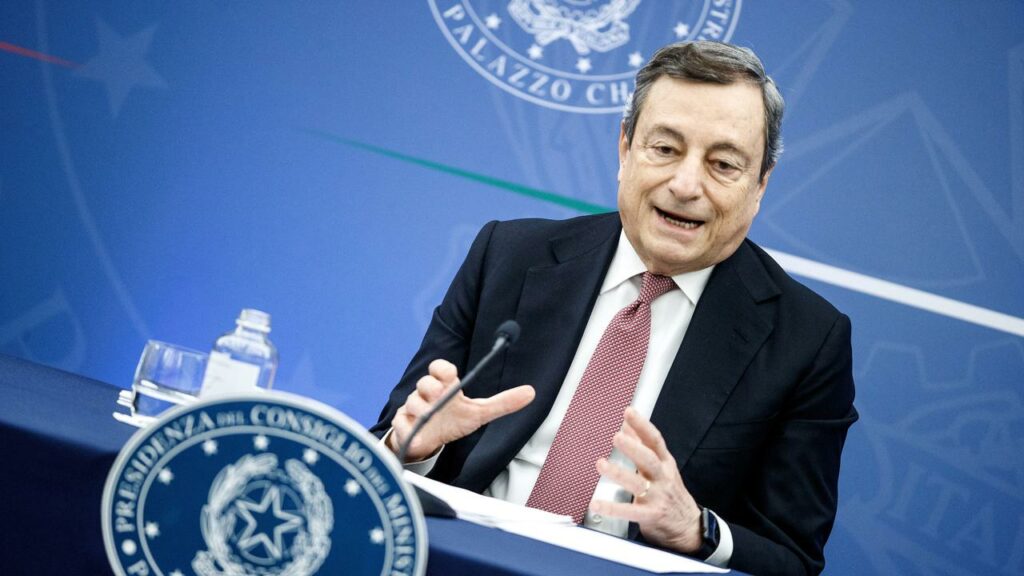Italy, Germany curbs end amid China spike
|

Authorities in Italy and Germany have announced plans to end most coronavirus restrictions despite a rise in cases and as China battles a new wave of infections.
The Italian government said on Thursday it will phase out its curbs more than two years after the disease first swept the country, even though cases are once again on the rise.
The cabinet said COVID-19 health certificates, proving vaccination or recent recovery from coronavirus, would no longer be needed to gain access to a vast array of services including restaurants, gyms and public transport from May 1.
The requirement that anyone aged over 50 should be vaccinated to enter their place of work will expire on April 1.
The state of emergency, which allows public authorities to bypass bureaucracy and impose rules via decrees, will expire on March 31.
From that date, the board of experts advising the government on COVID-19 will be disbanded.
“These are important measures that remove almost all the curbs that have restricted us,” Prime Minister Mario Draghi told a news conference following a cabinet meeting.
“I would also like to thank all Italians for their altruism and patience over the years. We are often perceived as having little sense of civic duty but instead we have done very well in this pandemic. We should be proud,” he said.
Italy was the first European country to be clobbered by the disease and it has so far registered 157,442 deaths, the eighth highest tally in the world.
However, a recent decline in infections has come to an abrupt end, with cases rising strongly since the start of the month, as they have in many other European countries.
Draghi warned that the government would reintroduce curbs if necessary but expressed confidence in vaccinations, saying they had saved about 80,000 lives in 2021 alone.
Almost 84 per cent of Italians have received the recommended two vaccine doses while almost 65 per cent of people have received a third shot.
Health Minister Roberto Speranza said there was no evidence at present to suggest that a fourth jab was needed but said the government was nonetheless considering giving them to the elderly.
Many European countries have removed their COVID-19 curbs more aggressively, with France opting to lift most of its restrictions at the start of this week.
Germany will also lift most restrictions despite infections hitting a record high in the country on Thursday.
Chancellor Olaf Scholz said after talks with leaders of Germany’s 16 states that a record of almost 300,000 infections in one day was not good news but the easing of restrictions was justified given intensive care units were not overwhelmed.
As of March 20, requirements to wear a mask will be dropped in indoor places like schools and at supermarkets but will remain mandatory in medical clinics and care homes.
Germany’s 16 states will have the power to impose restrictions if they identify hotspots where both infections and hospitalisations peak.
Chinese President Xi Jinping has urged the country to take more effective COVID-19 measures and minimise the impact of the epidemic on economic development, state television said on Thursday, amid a new wave of infections.
China is fighting its biggest wave of locally transmitted COVID-19 cases since it contained the initial outbreak centred on Wuhan in 2020.
Even as much of the world has relaxed or ended coronavirus restrictions, millions of people in northeastern China are under lockdown and authorities have imposed restrictions on business activities and cargo transport in major cities such as Shenzhen.
More than two dozen regions have reported infections in the past few weeks, despite a tiny caseload by global standards, putting pressure on China’s “dynamic-clearance” policy that aims to curb flare-ups quickly as they arise.
China should curb the momentum of the virus spread as soon as possible while sticking to the “dynamic-clearance” policy, Xi told a meeting of the Politburo.
Reuters